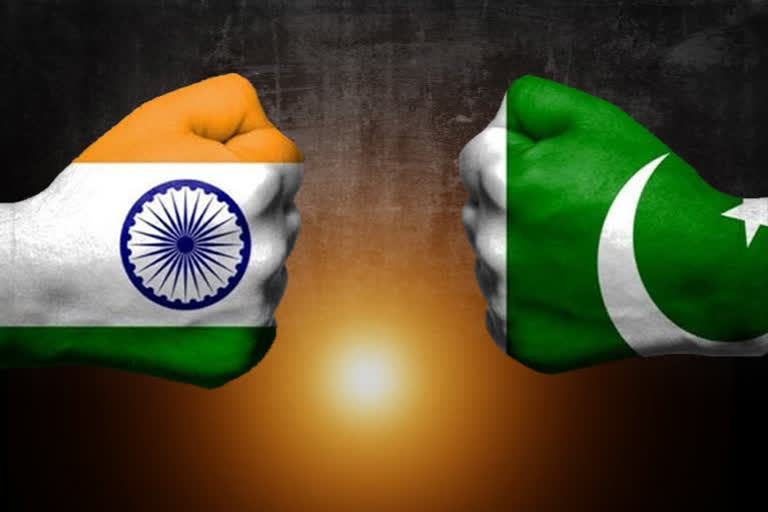New Delhi: Under the provisions of the Indus Waters Treaty, signed between India and Pakistan in 1960, the two Commissioners are required to meet at least once every year, alternately in India and Pakistan. The meeting could not be held last year due to restrictions induced by the prevailing Covid 19 pandemic situation.
According to the statement issued by the Ministry of External Affairs, discussions continued on the designs of two Indian projects, namely, Pakal Dul (1000 MW) and Lower Kalnai (48 MW). Indian side maintained that these projects are fully compliant with the provisions of the Treaty and provided technical data in support of its position.
Pakistan side requested India for sharing information on the design of other Indian hydropower projects being planned to be developed. Indian side assured that the information will be supplied as and when required to be supplied under the provisions of the Treaty, the statement read.
The meeting was held cordially. Both the Commissioners reaffirmed their commitment to interact more frequently in an attempt to resolve the issues by bilateral discussions under the Treaty. It was agreed to hold the next meeting of the PIC in Pakistan on mutually convenient dates.
WATCH: BSF deploys 50 women in guarding border in Rajasthan
The 116th Indus Waters meeting happened at a time when the ties between the two neighbouring countries have become crucial. Nevertheless, over the past few months, Pakistan has shown some positivity in normalizing the relations between the two countries. On the other hand, New Delhi has always maintained to normalise the relation with Islamabad. In fact, over the past few weeks, the two governments have made efforts to maintain peace at the borders areas and to reinitiate the peace talks.
On Tuesday, Prime Minister Narendra Modi wrote a letter to Pakistan Prime Minister Imran Khan congratulating him on the country's annual Pakistan Day, saying he desires cordial relations with Pakistan, as relations thaw between the two nuclear-armed neighbours.
The Indus water sharing meeting was significant as it reflects that both the countries are surging ahead to talk peace and end the decade long bitterness between the two. Therefore, the meeting was crucial.
READ: ‘Warming’ Indo-Pak ties to stand tests of diplomatic status, SCO exercise
What is the Indus Waters Treaty
India Waters Treaty is a water-distribution treaty signed between India and Pakistan on 19 September 1960 in Karachi by former Indian PM Late Jawaharlal Nehru and Pakistan President Ayub Khan.
The Treaty gives control over the waters of the three eastern rivers-the Beas, Ravi and Sutlej with a mean annual flow of 33 million acre-feet (MAF) — to India, while control over the waters of the three "western rivers" — the Indus, Chenab and Jhelum with a mean annual flow of 80 MAF to Pakistan.
Further, India is under an obligation to let flow all the waters of the Western rivers - Indus, Jhelum, and Chenab with an average annual flow around 135 MAF and is not permitted any interference with these waters, except for the domestic and non-consumptive use as provided in the Treaty. India has also been given the unrestricted right to generate hydroelectricity on the Western rivers subject to specific criteria for design and operation.
READ: Women personnel of Assam Rifles participate in counter-terrorism ops



